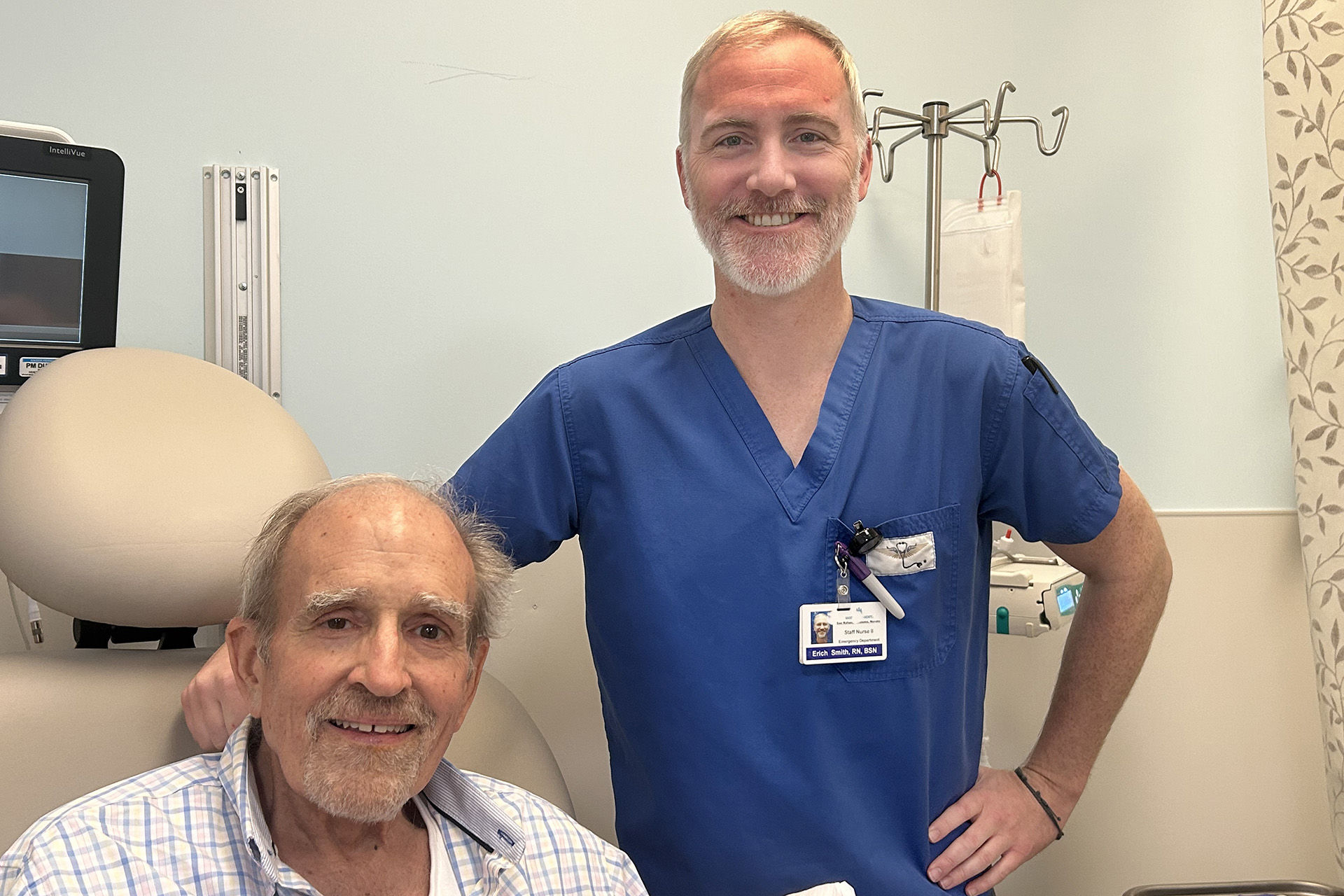As Thanksgiving, Christmas, and New Year’s approach, travel can take a toll on the heart.
The physical stress of hurrying to destinations, moving luggage, and not eating right can compound problems with health conditions, such as heart failure, coronary artery disease and heart arrythmias. Family drama can place further stress on the heart.
We asked Anu Gopalan, DO, an emergency medicine physician at Kaiser Permanente Fresno Medical Center, how people with heart issues can prepare for holiday travel.
 Is it safe for people with heart issues to travel?
Is it safe for people with heart issues to travel?
All the heart conditions come in a spectrum from mild to severe. Depending on where you are in the spectrum, you might need more attention and monitoring, up to not traveling. Usually, travel should be fine if you have mild to moderate disease. But speak to your doctor or cardiologist first.
If you have been cleared by your doctor, how can you prepare?
Bring all your medications on your person, and make sure you have extra. Bring a list of your medications, the time of day you take them, the quantity, and what you are taking them for as well as any allergies you may have.
Make a list of emergency medical contacts, and write down the name and phone number of your cardiologist. Know how to access your medical records on a cell phone.
Remember wheelchairs and baggage handling are available at airports. If you have severe disease, keep in mind where the hospitals are on your travel route.
Compression socks are good for people with heart failure. Stay away from salty foods, which are ubiquitous in airports and easy to fall back on when you’re hungry. For people with arrythmias, the Apple watches and even cell phones can tell you what kind of rhythm your heart is in.
Is travel with an implanted device OK?
Generally, yes. But write down what you have whether it’s a pacemaker, defibrillator, or other implanted device. Also note the manufacturer of the device.
How do you prevent blood clots during travel?
Recent travel is definitely one of the causes of blood clots. If you’re sitting in a plane for a long time, your blood naturally tends to clot. A clot can go into your lungs and cause a pulmonary embolism.
For air travel, try to get an aisle seat and stand up every hour or two. Compression socks are very helpful to keep blood from pooling, and if you’re travelling on a bus train or car, walk around every hour.
How does stress come into play?
Stress can make heart symptoms worse. It comes up when you are not eating enough, not drinking enough water, not sleeping well, and you’re dealing with time changes. All of this takes a toll. Make sure you’re properly hydrated, try to get enough sleep, and do try some mindfulness exercises.
When should I seek help?
If you start having chest pressure, especially with exertion, sudden onset sweating, radiation of chest pain to shoulders or jaw, nausea, vomiting, lightheadedness, loss of consciousness, shortness of breath, leg pain or swelling, get emergency care right away.




